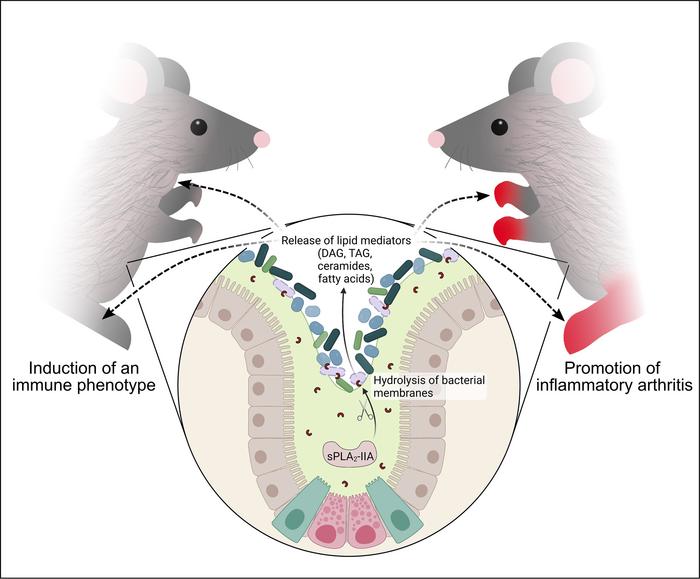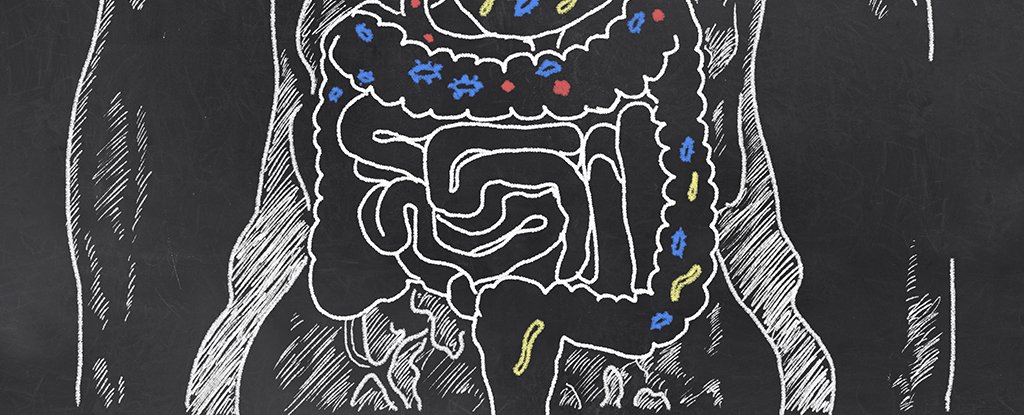
An international research team has established a link between gut microbiota and chronic inflammatory diseases such as arthritis. The team led by Éric Boilard of Université Laval has discovered that a protein naturally present in the gut acts on the microbiota and causes the formation of molecules that exacerbate the symptoms of these diseases. The details of this finding are published today in the Journal of Clinical Investigation — Insight.
The protein in question, phospholipase A2-IIA, was discovered several years ago in the fluid that surrounds the joints of people with arthritis according to Dr. Boilard, a professor in the Faculty of Medicine at Université Laval and a researcher at CHU de Québec-Université Laval Research Centre...
Read More








Recent Comments